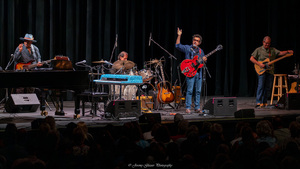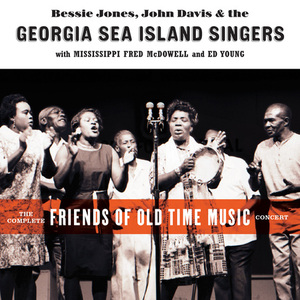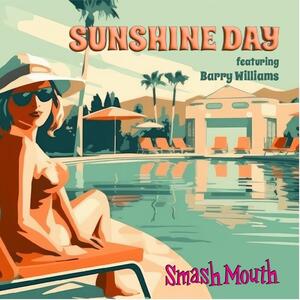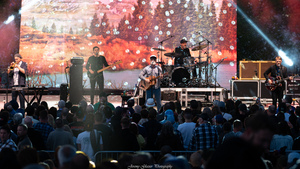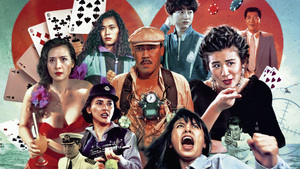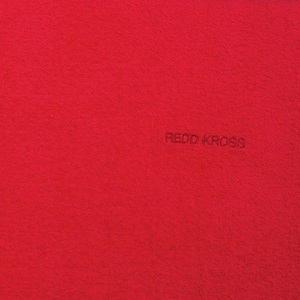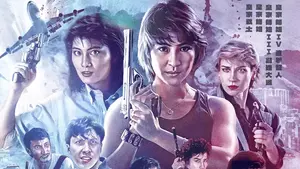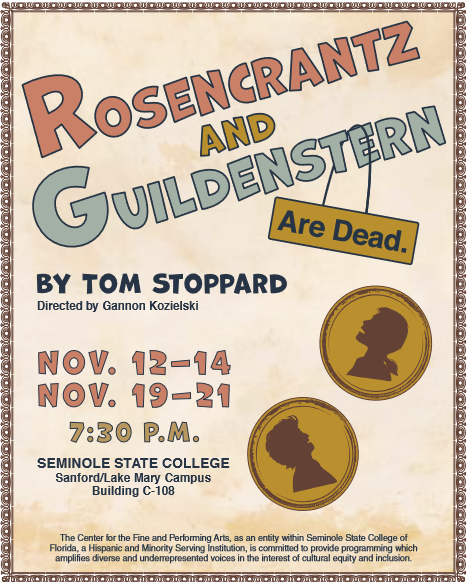
Rosencrantz and Guildenstern are Dead
Seminole State College, Lake Mary, FL
by Carl F. Gauze
By Tom Stoppard
Directed by Gannon Kozelski
Starring Alexi Givens and Logan Reynolds
The world is a crazy place, as is this a crazy show, so all is right with the universe in some weird way. Seminole College Theater is still locked out of its sinkhole plagued building; they retreated to the Communication building, a pleasant space with good sound and extremely efficient air conditioning. On stage, Rosenkranz (Givens) and Guildenstern (Reynolds) flip coins to pass the time, and their incredible string of heads doesn’t seem to phase either of them. They wander onto the set of Hamlet, somewhere around Act Two, Scene Two and accompany him to England where he’s scheduled to receive an extremely close shave. Hamlet discovers the betray, and our hapless courtiers instead loose their own heads. Simple enough: it’s a murdering take on life and the existential cruelty of fate, all good theatrical material and the post war gloom of the intelligentsia.
It’s a long show, and while entertaining it’s large, well air conditioned space made me feel like I was on the North Sea headed to an even colder, clammier space. Our two hapless Shakespearian fall guys kept up the pace, and while there are some long orations, the energy stays high on stage. The text is intentionally murky and hard to follow, that being the main point of absurdism. Their view holds that the audience should NEVER hum the closing number on the drive home. Early on we meet a cast of “Tragedians,” out to make a play within a play, a device that felt awkward when first introduced 500 years ago. Hamlet (Gannon Kozielski) seems distant and icy, Gertrude (Faith Chase) and Polonius (Ed Dworkin) appear like a couple celebrating the Silver anniversary of an unhappy marriage, and the tragedians add to the parody feeling Stoppard creates in this alternate view on Royal succession. A clever set allows for a sort of trap door arrangement allowing a sense of space on the rather compact set, and you get a few genuine surprises when it first gets used.
As absurdist plays go, this is a typical example. Author Stoppard continually misleads the audience and draws them along in what is essential a shaggy dog story. The lead characters do not grasp the bigger picture even though succession of a king was serious dangerous business in the day. What we experience in the audience is the mundanity of their daily life – all that borings stuff that fills the work of life in a castle. Even when something exciting does happens (say, the revelation of an alter piece designed to show the king he has sinned and everyone else knows) life goes on. We worry what’s for dinner, what will we do tonight, and can I have a second slice of pie for dessert? But that’s not what we pay for when we attend an entertainment. Her we want compact and deceive action, or we want out money back. And that’s absurdism: your daily grind, magnified like an ant hill under a magnifying glass.


